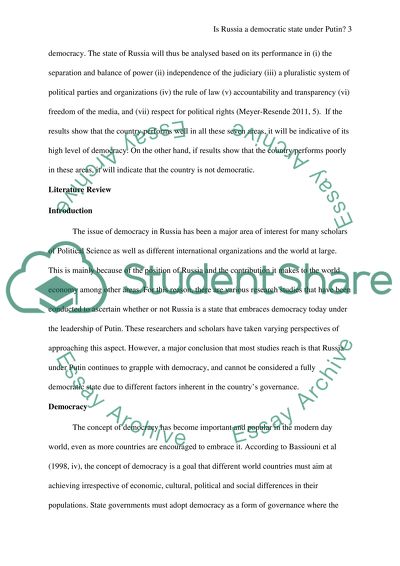Cite this document
(“Is Russia a Democratic State under Putin Research Proposal”, n.d.)
Is Russia a Democratic State under Putin Research Proposal. Retrieved from https://studentshare.org/social-science/1686886-is-russia-a-democratic-state-post-stalinism
Is Russia a Democratic State under Putin Research Proposal. Retrieved from https://studentshare.org/social-science/1686886-is-russia-a-democratic-state-post-stalinism
(Is Russia a Democratic State under Putin Research Proposal)
Is Russia a Democratic State under Putin Research Proposal. https://studentshare.org/social-science/1686886-is-russia-a-democratic-state-post-stalinism.
Is Russia a Democratic State under Putin Research Proposal. https://studentshare.org/social-science/1686886-is-russia-a-democratic-state-post-stalinism.
“Is Russia a Democratic State under Putin Research Proposal”, n.d. https://studentshare.org/social-science/1686886-is-russia-a-democratic-state-post-stalinism.


